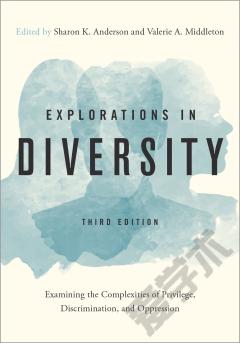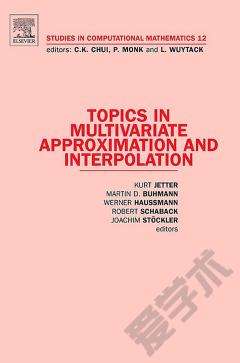Complex Arbitrations —— Multiparty, Multicontract, Multi-issue and Class Actions
----- 联合仲裁:多党、多协议、多观点及阶级动作
Arbitrations involving more than two parties and complex multicontractual issues represent more than one third of international arbitration cases, and this proportion increases every year. The difficult and specific issues raised by such arbitrations have been the object of abundant case law, derived from both arbitral tribunals and national courts, as well as doctrinal writings. This thorough and up-to-date guide to this area of practice - the first and only such guide available - provides a comprehensive analysis of all the issues arising from multiparty-multicontract arbitrations, including those involving States and groups of companies. The numerous factors and problems analysed in depth include the following: theories on the basis of which courts and arbitral tribunals determine who are parties to the arbitration clause; whether an arbitration clause may be extended to non-signatories; to what extent one can bring to a single arbitration proceeding the various parties who have participated in a single economic transaction through several contracts; whether a respondent can join other defendants to the arbitration, be they privy to the arbitration agreement or third parties; whether a party to a complex contractual structure can intervene voluntarily in the proceedings; and under what conditions separate arbitration proceedings may be consolidated. It also analyses: how and to what extent one can overcome the inconveniences that arise from having several parallel proceedings; appointment of arbitrators when the various parties to the dispute have divergent interests; res judicata, and in particular whether an arbitral tribunal should take into consideration an arbitral award rendered in a connected arbitration arising from the same project; and enforcement of multiparty-multicontract awards. The author proposes concrete solutions to these problems, and also offers the first analysis of the special issues raised by the latest development in international arbitration, class actions. Features of particular value to the practitioner include in-depth analysis of more than a hundred and twenty ad hoc and institutional awards rendered under the auspices of the ICC and other institutions; analysis of relevant national case law based on nearly 200 court decisions from the United States, France, Switzerland, England, Australia, Canada, Belgium and other countries; and appendices specifying multiparty-multicontract arbitration clauses, provisions of international conventions, national legislations and institutional rules, and institutional rules on class arbitrations. Corporate counsel, international arbitrators, and lawyers having to deal with multiparty-multicontract disputes will find this book of immeasurable value in their day-to-day work. Law professors and students of dispute resolution have here a unique consideration of an increasingly salient aspect of current international practice.
{{comment.content}}








 京公网安备 11010802027623号
京公网安备 11010802027623号